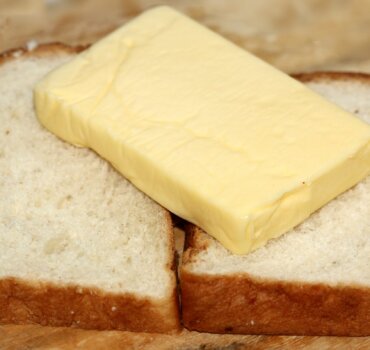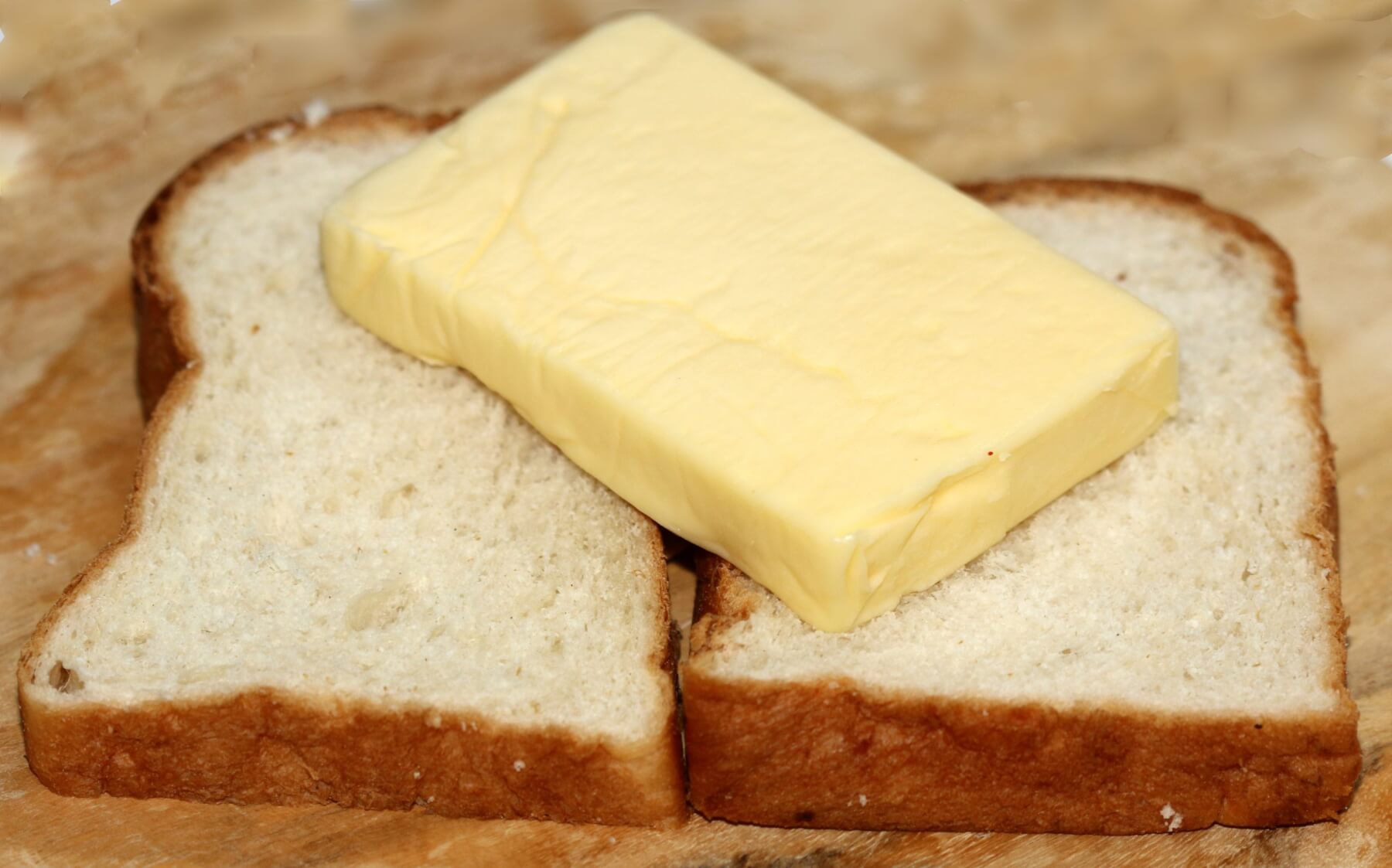
Inflation is a ‘bread and butter’ issue | Image via Simi

Inflation is a ‘bread and butter’ issue | Image via Simi
New Zealand’s annual inflation rate for 2022 was announced last week. It was 7.2 per cent, the same as it had been for the year to September, 2022.
The Reserve Bank had forecast 7.5 per cent. I had expected (hoped for) 6.9 per cent. If we had averaged our expectations, we would have been spot on. The annual inflation rate has now been around the same level for the last three quarters. It is becoming safer to say that the peak has been reached for this cycle. But 7.2 per cent is still well above the Reserve Bank’s target range so the policy question now is how quickly will inflation ease back towards the target level?
In thinking about this, it is important to look at what is happening to inflation rates in the rest of the world. Europe and the USA also seem to have reached a peak and recent predictions for both inflation and economic growth there have become a little more positive. That still hasn’t happened in the UK or Australia, but they seem to be outliers. Globally, the outlook for both inflation and growth has improved recently.
It is also interesting to look at what the main drivers were that kept the annual inflation rate in New Zealand at over 7 per cent. The three main ones were housing and household utilities (up 8 per cent), food (up 11 per cent) and transport (up 8.4 per cent).
Within the transport sector, international airfares were up a massive 19 per cent and domestic airfares 14 per cent. These huge increases in airfares are occurring because international and domestic tourism is moving back towards pre-covid levels very rapidly. This change has occurred so rapidly that airline capacity, which was heavily reduced during the covid period, has not been able to adjust as quickly as prices. But airline capacity is now increasing rapidly. For example, I recently saw a story that American Airlines is looking to recruit 2000 pilots. As airline capacity adjusts, prices should stop rising and could even begin to fall.
Many New Zealanders are mystified why we pay so much for food here when we produce enough food to feed 40 million people. A lot of what we produce is exported and the producers of these types of products say New Zealanders have to pay the international price or this food will all be exported.
However, one of the other explanations for high food prices in New Zealand is that we are at the end of a long supply chain and it costs a lot of money to ship the food we import to NZ. Surely that argument should work in the other direction too. It costs a lot of money to export New Zealand food products to our global markets. It should be possible to sell the same product in New Zealand for less as the supply chain here is a truck ride, not a long ship journey. But we seem to pay the supply chain price on the food we import but don’t get the benefit on the export products we produce and consume here.
Am I missing something or are we being ripped off?
Then there is the often-mentioned issue of having a duopoly in the important supermarket industry.
This issue has been studied and criticised for several years. But little concrete action has been taken.
Our new Prime Minister has said he intends to focus on ‘bread and butter’ issues. This is a bread-and-butter issue.








